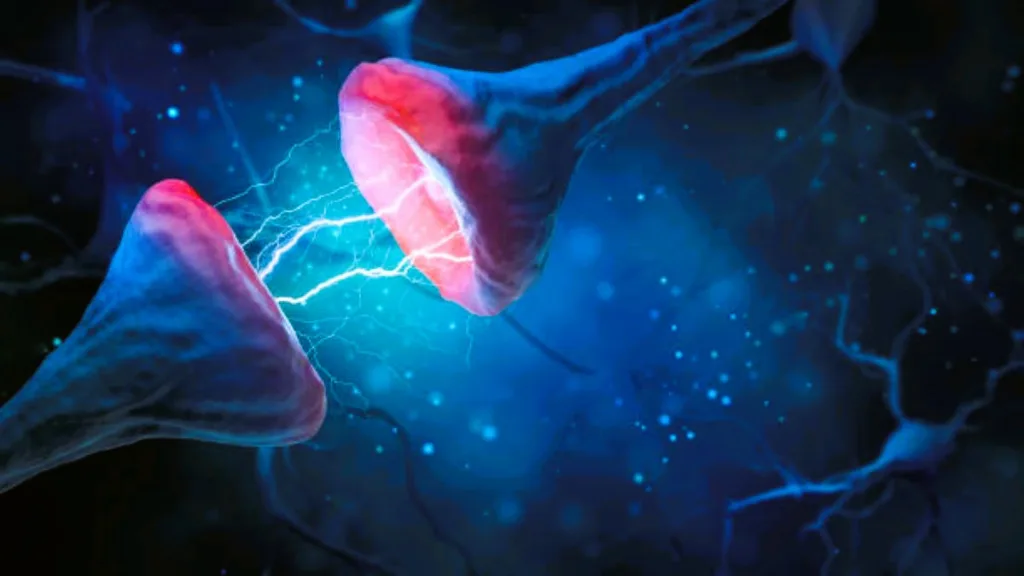
New Study Reveals Intriguing Link Between Brain Waves & Memory
The human brain is a marvel of complexity, and understanding its inner workings continues to be a fascinating journey for researchers. One of the latest discoveries in the field of neuroscience sheds light on the relationship between brain waves and memory.
A group of researchers from the University of Arizona delved into this intricate connection and found that memory itself can play a pivotal role in generating rhythmic brain signals. This revelation challenges previous notions and has the potential to open new doors for cognitive treatments and therapies.
Unraveling Brain Oscillations & Memory
Neurons, the tiny powerhouses of the brain, communicate through electrical signals. These signals, also known as brain waves, come in various patterns and frequencies. Among these, theta oscillations have garnered significant attention. These rhythmic patterns are generated in the hippocampus region of the brain during activities like exploration, navigation, and sleep. The hippocampus, often likened to the brain’s memory center, has a crucial role in shaping our ability to remember the past.
Memory’s Unexpected Role in Theta Oscillations
Traditionally, it was believed that external stimuli from the environment primarily drove theta oscillations. However, the team led by Professor Arne Ekstrom from the UArizona Department of Psychology discovered a surprising twist. Their research, featured in the journal Neuron, indicates that memory itself can serve as the main trigger for theta oscillations. This means that when we remember events, these brain waves are more pronounced than during the actual experience of those events.
Lead study author Sarah Seger, a graduate student in the Department of Neuroscience, noted, “Surprisingly, we found that theta oscillations in humans are more prevalent when someone is just remembering things, compared to experiencing events directly.” This finding revolutionizes our understanding of the brain’s inner workings and offers a unique perspective on how memory and neural activity intertwine.
Implications for Cognitive Health
The implications of this groundbreaking research are far-reaching, especially in the realm of cognitive health. Individuals with brain damage, cognitive impairments, and conditions such as epilepsy, stroke, or Parkinson’s disease could potentially benefit from these insights. Professor Ekstrom suggests that stimulating the brain through memory recall might enhance theta oscillations, leading to gradual improvements in memory function. This concept could pave the way for innovative treatments tailored to each individual’s cognitive needs.

The Research Process
Collaborating with researchers from the University of Texas Southwestern Medical Center, the UArizona team embarked on a comprehensive study. Thirteen patients preparing for epilepsy surgery participated, each having electrodes implanted in their brains to monitor seizures. These electrodes allowed the researchers to record theta oscillations in the hippocampus, providing a unique window into the brain’s activity.
In a virtual reality experiment, participants navigated a virtual city using a joystick. When they reached their destination, the experiment paused, and participants were prompted to mentally retrace their route. Strikingly, the theta oscillations during the mental recollection were more frequent and longer-lasting compared to those observed during the actual navigation. This observation solidified the connection between memory and theta oscillations.
Towards Cognitive Rehabilitation
One promising application of this research lies in cognitive rehabilitation. Professor Ekstrom envisions a scenario where individuals with memory impairments undergo cognitive training to improve their memory capabilities. By understanding the role of memory in generating theta oscillations, tailored interventions could be developed to harness the brain’s natural rhythms and enhance memory recall.
Looking Ahead
This study is just the beginning of unraveling the complex interplay between memory and brain waves. Professor Ekstrom’s future plans involve extending this research to study individuals in real-world scenarios, such as navigating while walking. By comparing brain oscillations during original experiences and subsequent memory recall, researchers aim to deepen our understanding of memory’s neural underpinnings.
Lead author Sarah Seger expresses the significance of this journey, stating, “Being able to directly compare the oscillations that were present during the original experience, and during a later retrieval of that is a huge step forward in the field in terms of designing new experiments and understanding the neural basis of memory.”
Conclusion
The human brain continues to be a treasure trove of mysteries waiting to be uncovered. The recent study conducted by UArizona researchers shines a spotlight on the intimate connection between memory and brain waves, specifically theta oscillations. This groundbreaking discovery challenges established ideas, offering new avenues for cognitive treatments and a deeper understanding of our cognitive processes. As the research journey continues, the hope is that these revelations will translate into innovative therapies that enhance memory and enrich the lives of those grappling with cognitive challenges.
(Source: University of Arizona)






